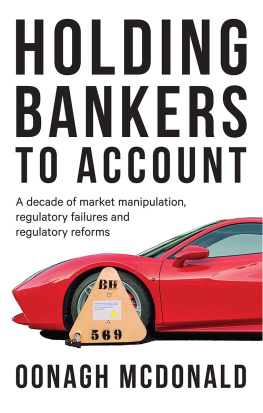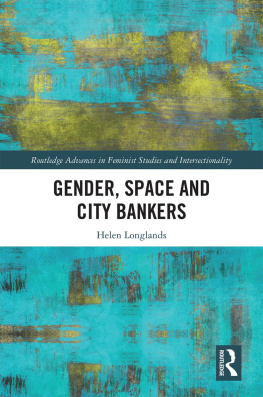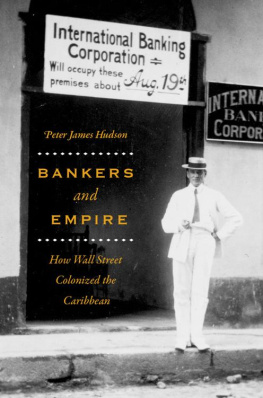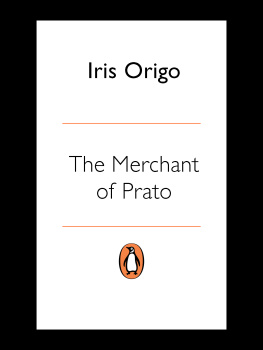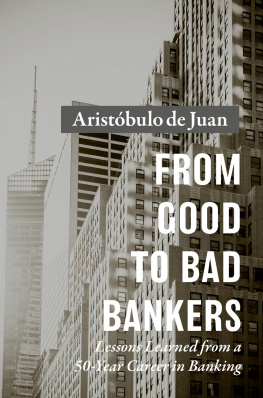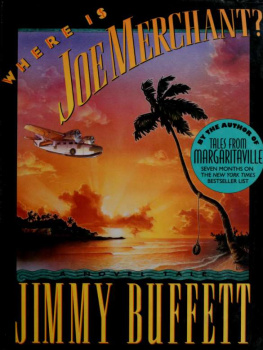Copyright
Copyright 1966 by Joseph Wechsberg
Foreword copyright 2014 by Christopher Kobrak
All rights reserved.
Bibliographical Note
This Dover edition, first published in 2014, is an unabridged republication of the work originally published by Little, Brown and Company, Boston, in 1966. A new Foreword has been written specially for this edition by Christopher Kobrak.
International Standard Book Number
eISBN-13: 978-0-486-79671-0
Manufactured in the United States by Courier Corporation
78118601 2014
www.doverpublications.com
Foreword to the Dover Edition
T he republication of Joseph Wechsbergs The Merchant Bankers represents a significant page in the historiography of financial institutions. Like its author, the book is a reminder of the world of yesterday. Many of the activities and attitudes of the investment bankers whom Wechsberg profiles are clearly outdated; some may have been outdated when he first wrote the book. Indeed, many of the organizations he discusses no longer exist. But for many readers, including this writer, when The Merchant Bankers came out, and long after, Wechsbergs very personal, anecdotal account, consisting of mostly short biographies, served as their introduction to the seductive world of high finance. The very titlemerchant rather than investment bankeris not only just one of the terms used to describe investment banking activities but also highlights their origins. His vignettes represent snapshots of a time before bank-trading transaction volumes skyrocketed and were automatedand were thereby less personaland before the Wolves of Wall Street roamed the financial caverns with little or no sense of social obligation or shame.
Wechsbergs book was written before a veritable financial tsunami hit the world. It first appeared in 1966, during the waning years of Bretton Woods (the 1944 international conference on monetary policies), a 25-year period whose macroeconomic stability and growth must be nearly unimaginable for those under sixty or for those who do not study history. Before 1971, most major currencies were convertible into other currencies or gold, largely transferable among countries, and their price in terms of other currencies was relatively fixed by governments. What we now call offshore banking, deposits and securities, traded in currencies that are not issued by the country in which they are locatedfor example, dollar balances in the United Kingdom-was in its infancy. Financial derivatives, now a roughly $700 trillion annual business for banks as measured by their notional valueostensibly used to hedge against foreign exchange and other financial riskswere virtually nonexistent. The collapse of Bretton Woods in 1971 transformed investment banking and finance in general. The liberalization of international transactions; regulatory changes, which expanded geographic and segment diversification; and privatization of financial risk presented huge challenges and opportunities for bankers. The higher quantity and complexity of transactions demanded enormous investment in people and technology, for which the smaller, mostly private merchant banks were ill adapted. Most of them were absorbed by commercial banks or transformed themselves from partnerships into joint-stock companies.
Wechsberg himself was very much a renaissance citizen of that pre-1971 cosmopolitan world, perhaps the last of a breed to which he and his subjects belonged. Born in 1907 in Mhrisch-Ostrau, then part of the Austro-Hungarian Empire (now Ostrava, Czech Republic), Wechsberg began legal studies in Prague in 1925. Like many gifted bourgeois members of his generation, he continued his education with a varied program of law, economics, and music in Vienna and Paris. While in Paris he earned his way by playing violin and leading orchestras in Paris clubs and on ocean liners. His graduation in 1930 with a degree in law from Prague led to apprenticeships with Ostrava and Prague law firms. From 1930 through 1937, he wrote articles on the side for several German-language newspapers, the beginning of a long and varied journalistic career. In the United States, on a diplomatic mission for the Czechoslovak government when the Nazis occupied the Sudetenland in 1938, the fortunate and quick-footed Wechsberg asked for and received asylum in the United States, where he became a freelance journalist. His career as a writer centered around The New Yorker magazine in various capacities and on a wide range of subjects, including food, music, and banking, to which he was fittingly drawn by family connections. Indeed, The Merchant Bankers first appeared as a series of articles in that journal, but it was unusual among his 30-year publication record, which included numerous books on music, food, and travel. Dedicated to his father, inspired by an investment banker grandfather, and drawing on these interests, this book was in many respects a highly personal undertaking.
This lively volume is intended for the general reader as popular history. Based on interviews and personal relationships, the author passes on some of the folklore of the organizations whose history he writes. His accounts convey vivid images and illustrate many of the virtues and vices of oral history. Like many popular classics, The Merchant Bankers has been surpassed by academic tomes. Some egregious mistakes in the book are unimportant for his narrative. For example, he writes that investment banks congregated and thrived in Great Britain not because that country had no debt in the eighteenth centuryit had a great dealbut because its markets were well organized. Since The Merchant Bankers first appeared, a host of scholarly work has appeared on Wechsbergs subject. These include academic research by V. P. Carosso, L. Gall et al, B. de Long, L. Hannah, A. Morrison and W. J. Wilhelm, Y. Cassis, N. Ferguson, G. Jones, and, most recently, Susie Pak, as well as more popular accounts by R. Chernow, S. Strouse, and others.
Wechsbergs book contains many compelling features. Anthologies of investment banker biographies are rare. His nostalgic account serves as a useful reminder of how private banking brought the world closer together, in an era with no Internet, television, jets, or even telephones. His studies are more about atmosphere than substance. Capturing the feeling of working and lunching in his subjects rarefied, dignified offices is more his subject than dry transactions. He paints an image of a financial priest class that hears its clients confessions and prescribes means of financial redemption. It is, to be sure, an idealized picture, but ideas and images inspire, and inspiration is essential to innovation and professionalism.
Wechsberg is at his best describing Siegmund Warburg, who personified the traditions and discontinuities in investment banking. Wechsberg traces the long Warburg international family banking legacy, but his focus is the character and philosophy of this German-Jewish emigrant who, despite his family history, provided an almost rags-to-riches story. Warburg arrived in London in 1934 as a refugee, a veritable pauper by investment banking standards. Within a few decades, his network and knowledge of investment banking propelled him into the leading ranks of London investment bankers with a reputation for creativity and courage, and with strong positions in Mergers and Acquisitions and Eurofinancing. But Wechsberg is enthralled by Warburg as a continental European, part poet, part philosopher, part hard-nosed banker. Wechsberg spends more time on Warburgs views on what young bankers should read, the importance of a classical education, team work, trust, and the ability to think independently, than on deals done by Warburg.




